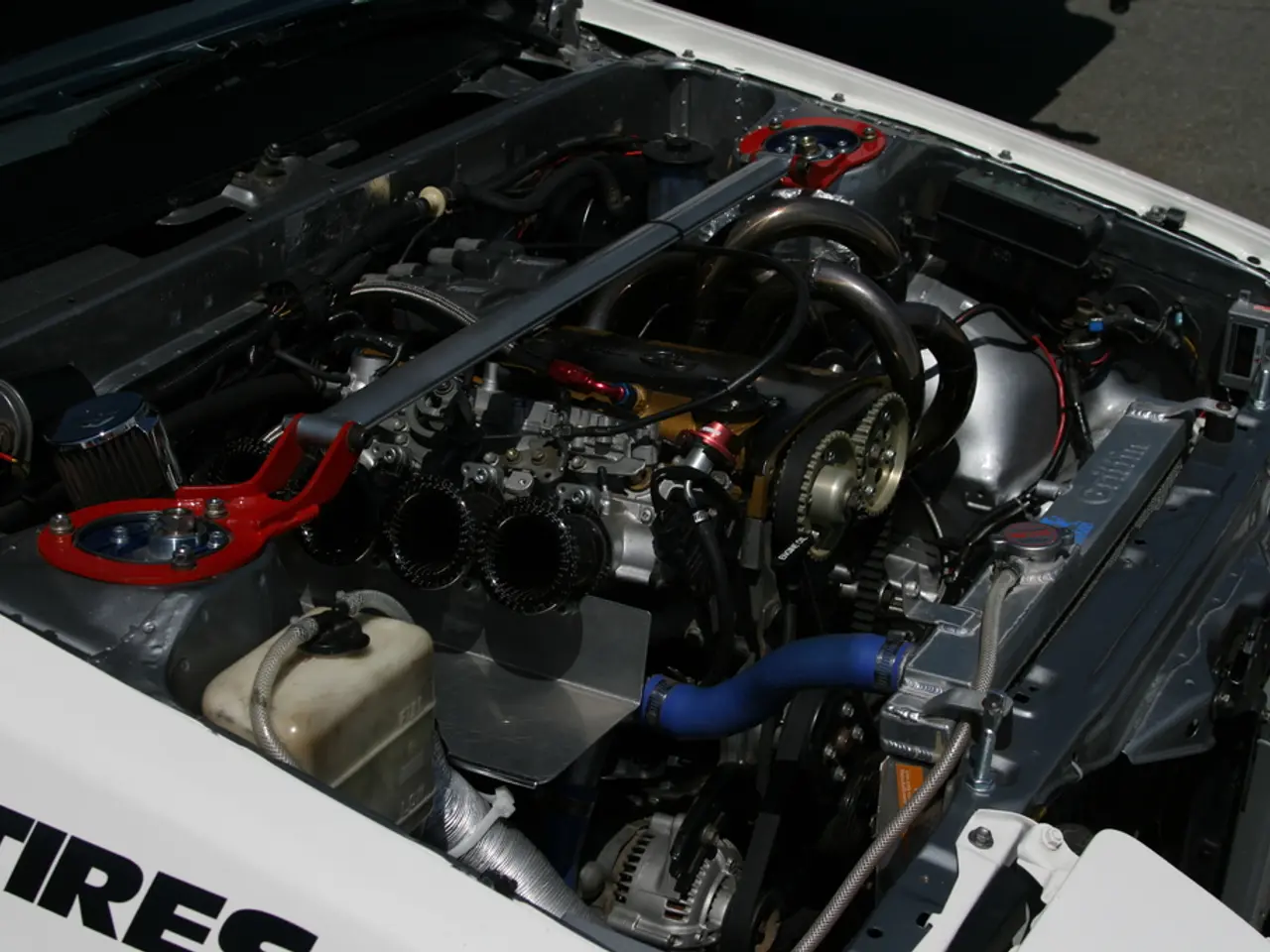Hemp-Based Energy: Initially appears as a jocular concept, yet it is a genuine development!
The University of Connecticut has made a significant breakthrough in the realm of alternative energy, achieving a 97% conversion efficiency for hemp biodiesel produced by its graduate students. This development, coupled with the low tetrahydrocannabinol strains of Cannabis sativa, has brought industrial hemp into the spotlight as a potential game-changer in the energy sector [1].
Giulio Sica, in a blog post for The Guardian, highlighted the qualities of hemp as an alternative fuel, adding to the growing interest in this versatile plant. Universities have conducted extensive studies on industrial hemp, and it has gained attention for its potential as an alternative energy source [2].
One government, in particular, has shown a significant interest in industrial hemp. The University of Connecticut even owns a patent on a biodiesel reactor system that can produce fuel from various inputs, including hemp [3].
Hemp seeds, often discarded, can also be converted into fuel. Hemp biodiesel has the potential to play a significant role in the alternative fuel source, offering a promising alternative to traditional fossil fuels [4].
Current advancements in developing hemp-powered cars primarily focus on the use of hemp-based composite materials for automotive parts. Major automakers like Audi, BMW, Ford, and Mercedes incorporate hemp fibers in components such as car doors, glove boxes, and panels. For instance, the Mercedes C-Class contains up to 20 kg of hemp material, which helps reduce vehicle weight and carbon footprint [5].
On the technical side, significant progress has been made in processing hemp fibers. Modern techniques like high-speed kinematic decortication separate hemp into bast fiber, hurd, and microfiber efficiently, enabling better quality composite production for automotive applications. This advances the sustainability and economic viability of using hemp as a raw material in car manufacturing [5].
However, there are challenges in developing hemp-powered cars beyond composite materials. Powertrain integration is one such challenge. While hemp composites are well-advanced, fully hemp-powered vehicles (i.e., vehicles powered by hemp-derived biofuels or hemp-based batteries) have not reached commercial maturity. Current breakthroughs in automotive technology focus more on silicon-based batteries, hybrid powertrains, and electrification rather than hemp-based energy solutions [6].
The evolving regulatory environment for hemp cultivation and the shifting legal frameworks concerning THCA hemp varieties impact how hemp resources can be scaled for industrial use, including automotive sectors. Farmers and manufacturers must navigate these changing regulations, which adds uncertainty to supply chains connected to hemp-based car components and potential hemp-derived fuels [1].
Another challenge lies in meeting high-performance automotive standards consistently and cost-effectively. Although hemp composites offer environmental benefits, their widespread adoption depends on these factors being addressed [5][6].
In summary, the most significant current advancement in hemp-powered cars lies in the development and use of hemp-based composite materials to replace conventional plastics and fiberglass in vehicle parts, thereby enhancing sustainability. The main challenges include scaling hemp cultivation under changing regulations, improving fiber processing technologies, and integrating hemp-derived energy solutions into automotive powertrains, which remain largely in the research phase [1][2][3][4][5][6].
References:
- The potential of industrial hemp for fuel and materials
- Hemp-based composites for automotive applications
- University of Connecticut patent for biodiesel reactor system
- Hemp as a source of biodiesel
- Hemp in the automotive industry
- Future of hemp-powered cars
The increasing scientific research on industrial hemp at universities, such as the University of Connecticut, underscores its potential as a significant player in both the environmental-science and technology sectors, given its potential as an alternative energy source and raw material for automotive manufacturing. However, the consistent production of high-performance automotive standards and integrating hemp-derived energy solutions into automotive powertrains remain key challenges to further progress in hemp-powered cars.




